What You Need To Survive A Disaster
There are many items or things to consider when preparing to survive a disaster. Of course, it depends on the disaster or unforeseen emergency. Several items will be available if your home is still standing and you and your family can stay home. My concern and focus are the families who are unprepared and think the government will come by and take care of them. I’m updating this post from April 2016. We need these items now more than ever.
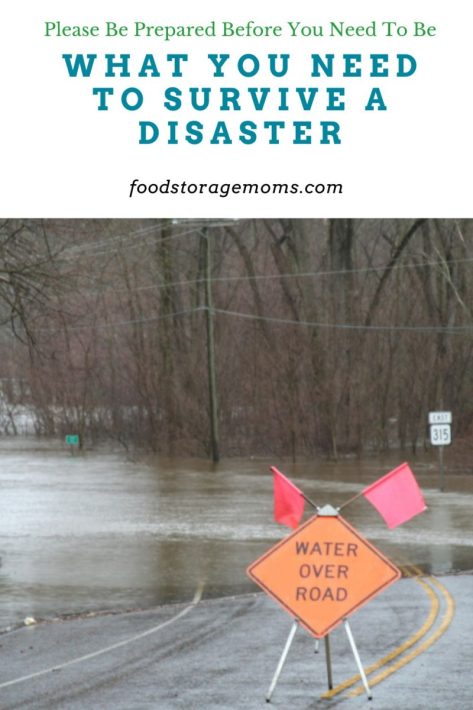
That is NOT going to happen, at least in the short term. Depending on the disaster, pandemic, or emergency, we will be alone and must fend for ourselves. There should be no fear if we are prepared with supplies like the ones I posted today. These are the bare necessities. I have helped people pack their homes to move, so many could not survive more than three days with the food we boxed up. Trust me, the stores will be empty in 24 hours, maybe 36 hours.
What constitutes a disaster?
Disasters can range from natural events like earthquakes, hurricanes, and floods to human-made emergencies such as chemical spills, terrorist attacks, and pandemics. Any event that disrupts normal life and poses a threat to safety and well-being can be considered a disaster.
40 Items Needed to Survive a Disaster
Let’s pretend we have zero electricity, natural gas, or water for at least two weeks. Are you prepared? Are your neighbors prepared? The banks are closed, and direct deposit paychecks, retirement checks, and other types of income cannot be accessed. We must be ready for this, not just terrorist attacks or wars. Mother nature can often hit our cities with a vengeance when we least expect it.
- Hand beater
- Whisk
- Can opener
- Hot pads
- Dish soap, wash rags, and hand towels
- Paper plates, cups, and silverware
- Pancake turner
- Slotted spoon
- Bowls-several sizes
- Fry pans and saucepans
- Griddle
- Water purifier
- Danish whisk
- Dutch oven/charcoal
- Matches/fire starter
- Butane stove with butane canisters
- Flashlights
- Charger for phones/laptops
- Radio
- Walkie-talkies (channel programmed before you need them)
- First aid supplies
- Water, plus water purifier
- Two weeks of planned meals (minimum)
- If there are fires, you must know how to turn off the gas line to your home (only turn off the gas if a fire is imminent- precaution) 4 in-1 Turn Tool.
- Water lines: if you are aware that the water service in your neighborhood is contaminated, you need to know where and how to turn it off
- Emergency portable toilet, complete with toilet paper, garbage bags, and hand sanitizer Food Storage Moms Portable Toilet
- Portable laundry unit with detergent
- Clothesline
- Cloth Diapers. Diapers are one of the first things that will disappear in stores
- Condoms
- Monthly menstrual items
- Cash, be sure and have some small bills like ones and fives on hand
- Berkey Stainless Steel Water Filtration System
- Dixie HD Paper Plates, 10 1/16 Inches, 44 Count (Pack of 5)
- Dixie Cold 9oz Cup, 360 Count
- Kirkland Signature Crystal Clear Cutlery
- Blue Can – Premium Emergency Drinking Water (Brownells is the cheapest place to buy it)
Bugging In by Ray White
- The Survival Medicine Handbook
- Lights Out by Ted Koppel
How do I prepare for a disaster?
Preparation is key to survival. Start by creating a comprehensive emergency plan for yourself and your family. This includes identifying potential risks, establishing communication methods, and determining evacuation routes. Stock up on essential supplies like food, water, medications, and first aid kits. Regularly review and update your plan as needed.
What should I include in a disaster supply kit?
A disaster supply kit should contain enough provisions to sustain you and your family for at least 72 hours. This includes non-perishable food items, water (one gallon per person per day), a flashlight, batteries, a multi-tool, a first aid kit, medications, important documents, cash, and personal hygiene items. Customize your kit based on your specific needs and circumstances.
How do I stay informed during a disaster?
Stay informed by monitoring reliable news sources such as radio, television, or official government channels. Sign up for emergency alerts and notifications from local authorities. Maintain communication with family members and neighbors to share information and support each other during emergencies.
What should I do during a disaster?
During a disaster, prioritize your safety and follow the instructions of local authorities. Stay indoors if it’s safer, or evacuate if instructed to do so. Use caution when handling hazardous materials or navigating dangerous conditions. Stay calm, and help others who may need assistance.
What should I do after a disaster?
After a disaster, assess your surroundings for any immediate dangers, such as gas leaks or structural damage. Check on family members, neighbors, and pets to ensure their safety. Contact emergency services if needed, and document any damage for insurance purposes. Begin the process of recovery by following the guidance of local authorities and community resources.
Final Word
Please start with just a few of these, and you will sleep at night knowing you can take care of your family without government assistance. Start with a little at a time. If you have a little, it’s better than nothing at all. May God bless you for making the effort to be self-reliant. Thank you for purchasing my book: “Prepare Your Family for Survival”. May God Bless this World, Linda
Copyright images: Flooding Over Road AdobeStock_10480942 By The Josh, Flooding Street Closed AdobeStock_70578898 By Photogeek

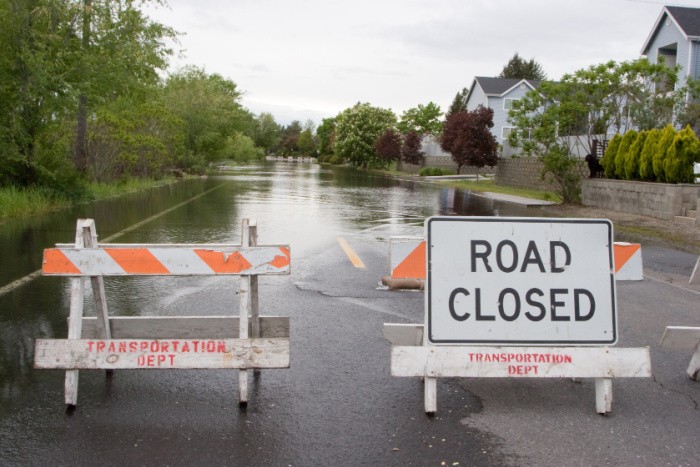

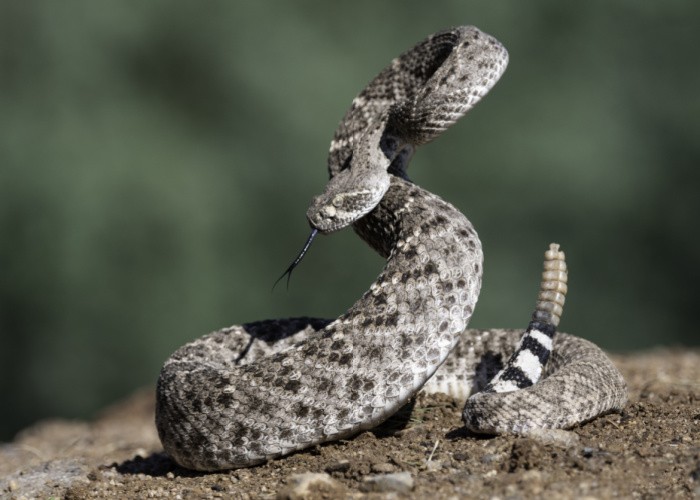
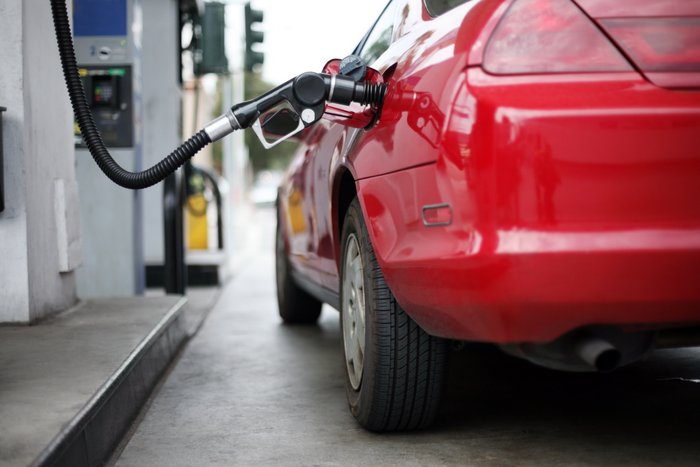
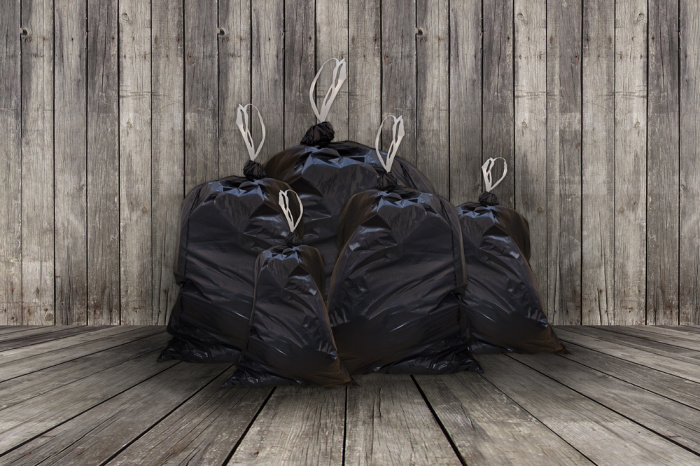
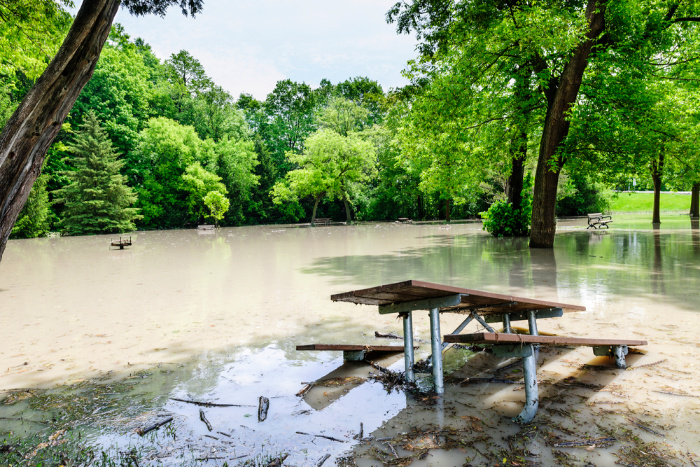
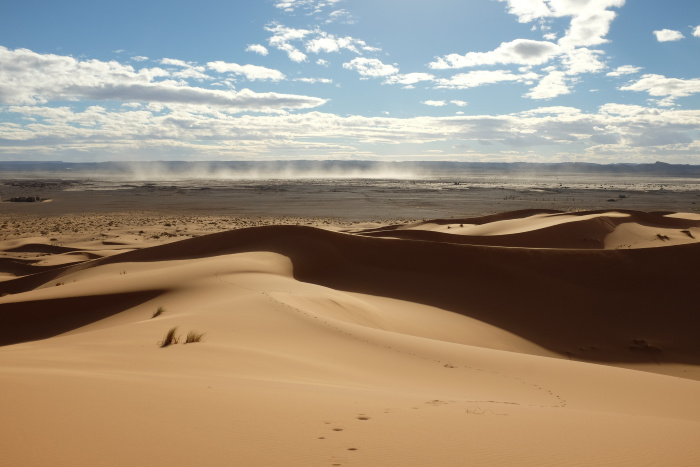








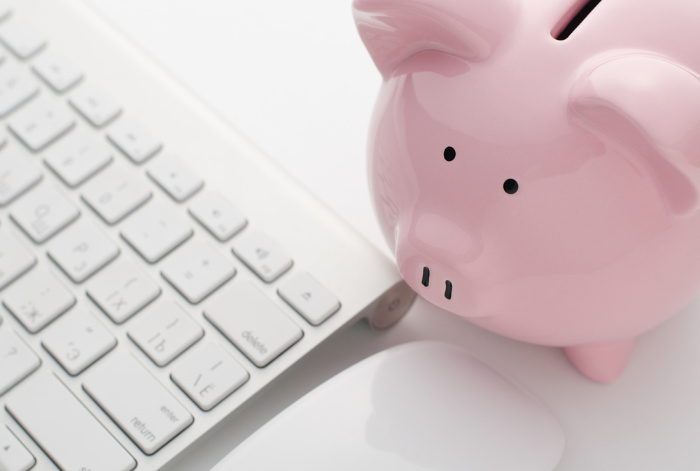
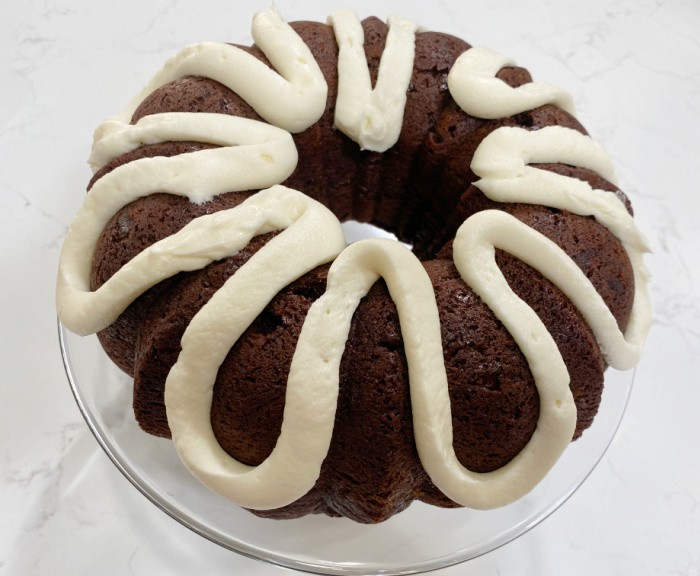
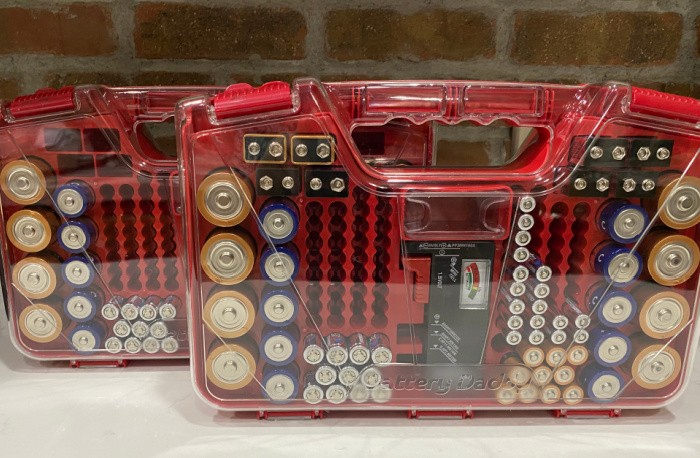

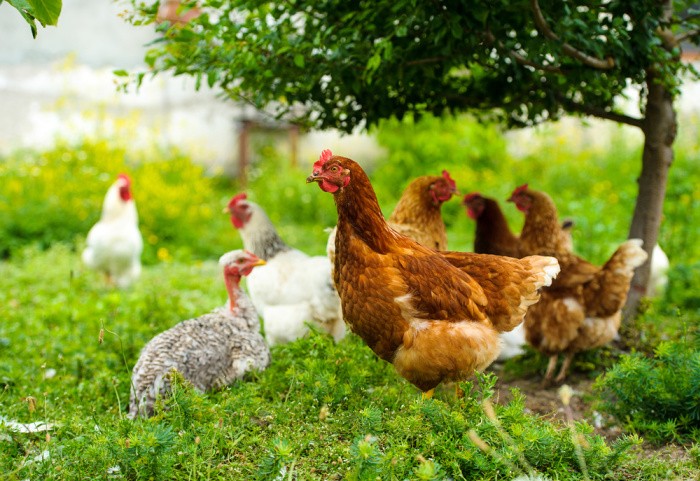

I love this! Thanks to you I have almost everything on this list.
Hi Jess, it’s a really good feeling knowing you are prepared more than the majority in our world, good job! Linda
You have a lot of good ideas, but I think you need to add items like: radiation tablets, Geiger counter, dosimeters, ham or CB radio, guns with plenty of ammo, enough canned foods to last 2 or 3 years.
Hi Henry, agreed. I write so many articles and post different and similar thoughts multiple times. You are spot on. Thank you, great comment! Linda
Linda,
I think the main thing any person needs to survive any disaster is a cool head and a plan. Without those, a person isn’t going to survive long enough to use their supplies.
I Ray, you are so right, my friend. We must always have a plan in our head ahead of time, or we will be so overwhelmed. Linda